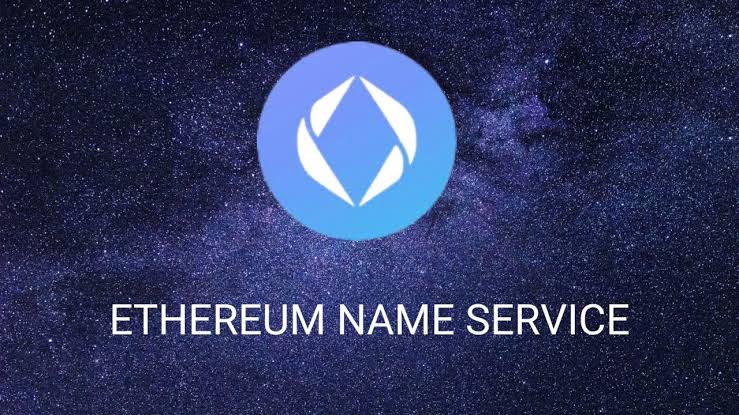By letting users use memorable names like Vitalik Buterin’s ‘Vitalik.eth’ instead of complex strings of characters, ENS on Ethereum simplifies wallet addresses.
By the end of the year, ENS Labs, the team responsible for Ethereum Name Service (ENS), intends to introduce a dedicated layer 2 network known as Namechain. The objective of the initiative is to enhance Ethereum’s infrastructure. Katherine Wu, the Chief Operating Officer, disclosed the advanced technology that underpins Namechain in an interview with CoinDesk.
Namechain will increase transaction speeds and reduce costs by compressing data before its on-chain publication using zero-knowledge rollups. This method, as stated in the press release from ENS Labs, allows Namechain to manage transactions outside of the primary Ethereum network while maintaining the complete security of Ethereum at a significantly reduced cost.
The network will be constructed upon an existing zero-knowledge chain compatible with Ethereum. Wu stated that ENS Labs is finalizing the integration of zkEVM, a decision that reflects the company’s commitment to cost-effective, secure operations for users.
ENS Names Simplify Crypto Wallet Addresses
Ethereum’s ENS functions as the blockchain’s equivalent of the internet’s domain name system. ENS names provide a simpler alternative to complex crypto wallet addresses, much like how web addresses such as Amazon.com are easier to remember than numerical IPs. For instance, Vitalik Buterin, the creator of Ethereum, employs “Vitalik.eth” instead of a lengthy wallet address.
In May, ENS Labs announced its intention to upgrade its registry system by transitioning to a layer 2 solution. Initially, the team had not committed to a particular approach. ENS Labs has recently reaffirmed its decision to implement ZK rollups through the Namechain project. The ENS protocol has been completely redesigned in this update, which is designated as ENSv2. This update expands the protocol’s framework to a layer 2 network.
In this transition, Katherine Wu underscored the significance of backward compatibility. She acknowledged the substantial technical effort required to guarantee that Namechain is consistent with the current ENSv1 configuration on Ethereum’s mainnet from its launch. We also assured users that the front-end experience would remain unchanged, except for reduced gas fees.
“The heavy technical lift here will be in making sure that Namechain is backward compatible with ENSv1 from day one of launch […] there should be no difference on the front end/user experience as we launch Namechain, except for lower gas fees,” said Wu.
Significant players initiate rollup networks
ENS Labs is progressing with ENSv2, which indicates a more general trend in cryptocurrency toward customized layer 2 solutions. Recently, prominent players such as Kraken, Uniswap, and Sony’s Blockchain Labs disclosed their intentions to implement their rollup networks. Although these projects utilize Optimism’s OP Stack to construct specialized blockchains, ENS Labs is adopting a unique technical approach.
The primary objective of these projects is to increase the scalability and reduce transaction costs on the Ethereum network. This increase in layer-2 initiatives indicates a growing industry recognition of the need for more efficient blockchain infrastructures to accommodate decentralized applications’ increasing complexity and demand.
Nick Johnson, the lead developer and co-founder of ENS Labs, expressed his enthusiasm for the upcoming Namechain launch, emphasizing its potential to enhance scalability, reduce costs, and facilitate the development of new applications.
“I am enthusiastic about the significant enhancements in scalability and cost that Namechain will bring, as well as the new applications it will enable,” stated Johnson, who is excited about the next evolution of ENS.
Johnson’s optimism underscores the transformative potential of Namechain to improve the affordability and accessibility of Ethereum-based services for users.



